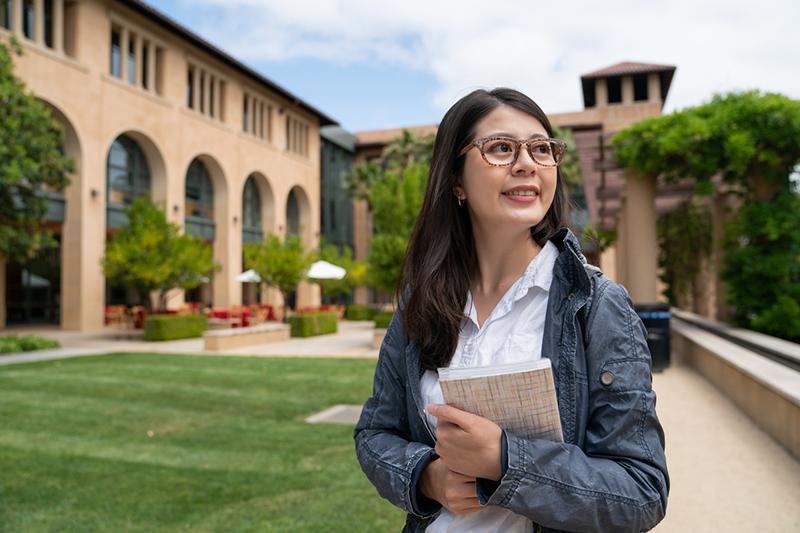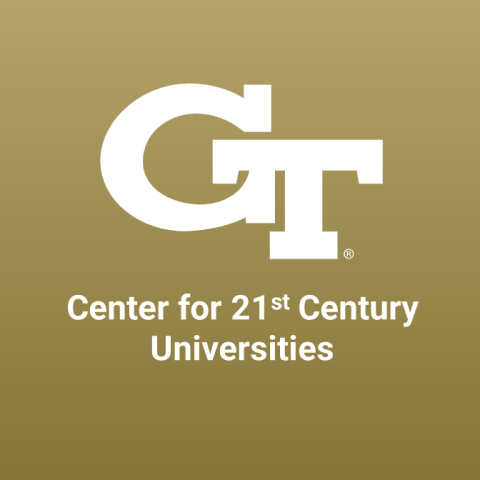
Helping international students in their transition to US institutions
You may also like
First and foremost, international students are students, and every office at an institution can play an important role in supporting them with feeling. That said, international students’ needs differ from those of their local peers. Campuses can support these students (and provide resources that will benefit all learners) with a culture of collaboration across campus, consistent communication and intentional programming.
Here are practical tips for campus administrators, faculty and leaders to enable international students to make smooth transitions to their US campuses.
How to help students prepare for their journey abroad
An international student’s experience with a US university typically begins with application through the admissions office, generally about six months before their start date. They usually need a visa before they can begin their studies overseas. Visa regulations vary widely. Each campus has officials within the admissions or international office responsible for working with international students to issue important visa documents and to answer questions about students’ immigration status.
- The hows and whys of improved interactions with international students
- How to champion the international student experience from admission to graduation
- Five useful measures for welcoming students to international classrooms
To support success in this area, Georgia Tech hosts a series of synchronous webinars to cover important information such as obtaining student visas and the employment benefits available to international students. A key to success is considering time-zone differences and ensuring the pre-arrival sessions are recorded and made available online after the sessions.
It is essential not to advise a student on their visa status if you do not have specialised visa knowledge, because erroneous advice can endanger a student’s visa and complicate their life. Refer students to the appropriate office or copy in your campus international office when advising students to ensure they get the best possible guidance.
In the period between being accepted to an institution (and obtaining a student visa) and when they travel to campus, students must organise housing (on- or off-campus) and transportation. This is a crucial period for helping students navigate new systems and find resources.
Campuses should provide consistent messaging and communication about when to arrive and what orientation programmes students should participate in. Coordinated communication is necessary to identify (and close) gaps in information or services to support a smooth transition. Ultimately, this will save everyone time and frustration. Offices such as housing, orientation programming, international student services and academic programmes should collaborate to ensure that information is clear and consistent and that websites reflect the same information.
Recognise that organising housing from abroad is a daunting challenge for students coming to the US. Web resources that give detailed information about off-campus options as well as neighbourhood information, costs, how to read and understand lease agreements, utility deposits and budgeting for essential household items are incredibly useful for new arrivals.
Housing offices often already have this information; you can link directly to their websites.
Explaining the local higher education system
Educational norms vary widely across the globe. Communicating expectations and academic culture is another area where collaboration among campus units is powerful. Educational resources (such as webinars, information sessions or print materials) that discuss academic norms around homework, attendance requirements, teaching styles, the relationship between students and professors, concepts of academic plagiarism, tutoring and academic support resources can help students adjust to their new environment.
Regular collaboration and coordination among academic advisers, registrar, bursar and international student offices will make course registration, late-arrival support and bill payment smoother for all involved. To develop this, campus international offices often consult with undergraduate and graduate academic advisers to discuss registration considerations for international students and late-arrival services.
Guidance for building a support network
International students often arrive on campus knowing no one. Campuses that plan welcome receptions or workshop series at the start of a semester to connect international students – not only to each other but also to student clubs and organisations, campus resources and the local community – serve their students well. Facilitating a peer ambassador programme and using the ambassador network regularly in programming and outreach is a way to share information from a student perspective. This can offer a level of detail that often is unavailable to campus administrators.
Living in a new cultural environment can be exhilarating and exhausting. Students navigate unspoken cultural rules and norms that might differ dramatically from their home cultures and ways of being each day. Programming that introduces dimensions of culture and helps students explore the unspoken values, attitudes and beliefs that shape their own cultures and their new local ones is invaluable. Your campus’ international office and local counselling services might be able to help with developing such programming.
When organising events and programmes, pay attention to details – such as providing meal options (for example, vegetarian, kosher or halal offerings) – and consider opportunities for intercultural development that celebrate and encourage students to share their cultural identities. Many intercultural resources are available online, and international offices can often share activities to facilitate intentional programming.
Don’t forget holistic well-being resources
Most international students will be unfamiliar with the local healthcare system and might need additional support in understanding how to access medical care. It’s helpful to share information about the local system, student insurance and on-campus health resources in international student orientation materials and sessions.
A how-to guide for where to find familiar foods (flavours from home can stave off homesickness), faith organisations and other well-being resources can help international students maintain a healthy, balanced lifestyle during this challenging transition. A model practice collaborates with campus partners who do this work (such as the university health centre or on-campus counselling services) to present at orientation, develop web and print content to share via email and newsletters, and invite them to join regular programming.
Career and professional development
Many international students begin interviewing for summer internships during the autumn semester of their first year. Institutions need to help international students understand the employment benefits available. At Georgia Tech, we offer ongoing support with career and professional development through collaborations among the career centre, the international education office and alumni services. International students receive help with converting their résumés to the preferences of US employers, preparing for interview and understanding the career exploration experience of international student alumni through panel presentations. The Office of International Education hosts regular group workshops and provides individual student support. This can help students understand employment benefits associated with their visa status to prevent unintended violations of student visa rules.
It’s incredibly beneficial to partner with your career centre and alumni services to develop resources, because they probably already have programming that can be adapted to suit an international student audience.
Ashlee N. Toomey-Flinn is director of on-campus internationalisation at Georgia Tech.
If you would like advice and insight from academics and university staff delivered direct to your inbox each week, sign up for the Campus newsletter.
Additional Links
For more insight and advice on this topic, go to our spotlight guide How to deliver value for international students.




